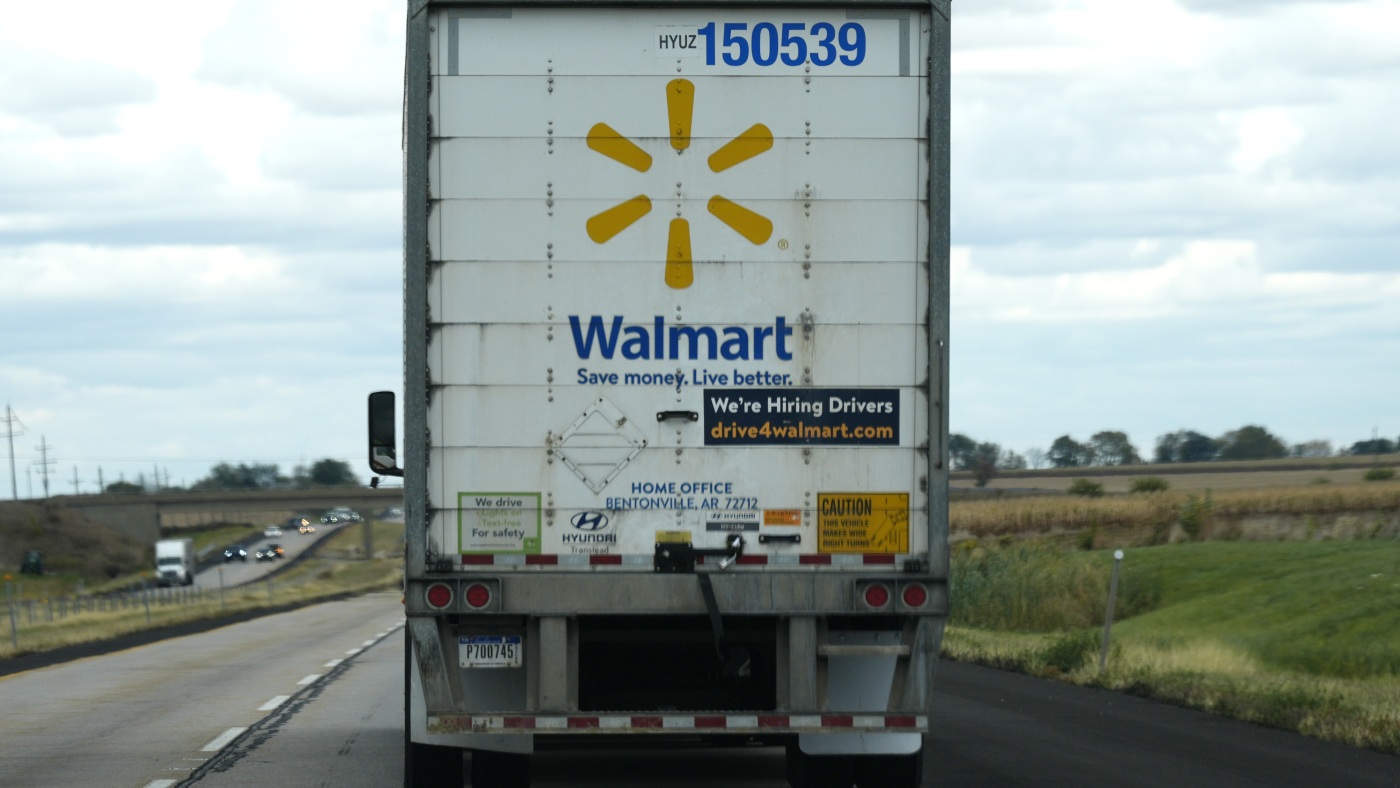This article is an onsite version of our FirstFT newsletter. Subscribers can sign up to our Asia, Europe/Africa or Americas edition to get the newsletter delivered every weekday morning. Explore all of our newsletters here
Good morning. We have must-read stories today on:
Macron’s surprise trip to riot-hit New Caledonia
Mexico’s thriving drug cartels
The EU’s shrinking trade deficit with China
But we start with a Singapore Airlines flight that turned deadly after encountering “sudden extreme turbulence”.
The flight between London and Singapore diverted to Bangkok where it landed yesterday afternoon after experiencing severe turbulence while flying over the Irrawaddy Basin in Myanmar.
A 73-year-old British man died and dozens were injured during the incident, Bangkok airport authorities said
Turbulence is a growing problem for airlines, and is expected to worsen because of climate change. Extreme turbulence, described by the US Weather Service as leaving “aircraft practically impossible to control”, is rare and can cause structural damage to a plane.
A passenger on board described a “sudden” and “dramatic” drop, which caused people not wearing seatbelts to hit the ceiling of the plane.
Here’s the full story — including charts showing how the severe turbulence event unfolded.
And here’s what I’m keeping tabs on today:
Economic data: Japan releases provisional monthly trade statistics, Taiwan reports jobs figures and South Korea publishes PPI inflation data.
Monetary policy: Indonesia’s central bank has its policy meeting and interest rate decision.
Vietnam: The National Assembly is set to approve public security minister To Lam as the new president, months after his predecessor resigned amid a corruption crackdown. (Reuters)
Nvidia results: The world’s most valuable chipmaker reports first-quarter earnings as its rivals take aim at its software dominance.
Holiday: Financial markets are closed in Singapore and other Asian countries for Buddha Day.
Five more top stories
1. President Emmanuel Macron is to make an unexpected visit to France’s riot-torn Pacific territory of New Caledonia to try to restart talks with local leaders and resolve a political crisis sparked by a controversial electoral reform. Macron’s trip follows deadly unrest in the archipelago, which he considers of strategic importance to France and which has vast reserves of nickel.
2. AstraZeneca is building a separate Chinese supply chain to try to circumvent increased US-China tensions. The drugmaker has established a manufacturing plant in Qingdao that will only serve China and emerging markets. “We hope for the best and plan for the worst,” its chief executive said after the US announced new tariffs on Chinese imports last week.
3. The Biden administration will work with Congress on possible sanctions against the International Criminal Court after its prosecutor announced it was seeking arrest warrants for senior Israeli and Hamas officials, US secretary of state Antony Blinken said yesterday. Blinken’s openness to bipartisan co-operation over the ICC is a sign of the level of anger in Washington over the request for arrest warrants for Israeli leaders.
4. Samsung Electronics has replaced its semiconductor chief in an effort to overcome what it has described as a “chip crisis”. The shake-up comes as Samsung tries to catch up with South Korean rival SK Hynix in high-bandwidth memory chips for artificial intelligence.
5. Japanese companies outside the real estate sector generated more than $77bn in paper profits last year from their non-core property portfolios. The calculations by analysts at Goldman Sachs increases pressure on companies ahead of the June annual meeting season as investors demand asset sales to unlock value.
The Big Read
Andrés Manuel López Obrador once said he would tackle Mexico’s gangs with “hugs not bullets”. But five and a half years into the populist left winger’s presidency, organised crime has worsened dramatically, with cartels controlling more territory than ever. Ahead of Mexico’s presidential election on June 2, security experts say the problem has become so serious that it threatens the country’s future.
We’re also reading and listening to . . .
Chinese economy: Beijing is stubbornly refusing to genuinely empower consumers, preferring to focus on industrial support. Yanmei Xie of Gavekal Research explains why.
Iran’s helicopters crippled by sanctions: The US-made Bell 212 carrying the country’s president was almost 30 years old when it crashed into a mountainside.
Tech Tonic 🎧: China’s BYD, one of the world’s top producers of electric vehicles, is making inroads in Europe. The EU is not pleased.
Chart of the day
The EU’s trade deficit in goods with China has shrunk to its lowest quarterly level for almost three years, despite fears about the bloc being flooded with cheap Chinese products.

Take a break from the news
Resort group Aman has launched its new spin-off brand Janu in Tokyo. The hotel offers a more contemporary vibe, the same impeccable service and — slightly — more affordable prices.

Additional contributions from Irwin Cruz and David Hindley
Recommended newsletters for you
One Must-Read — Remarkable journalism you won’t want to miss. Sign up here
Sort Your Financial Life Out — Learn how to make smarter money decisions and supercharge your personal finances with Claer Barrett. Sign up here




















